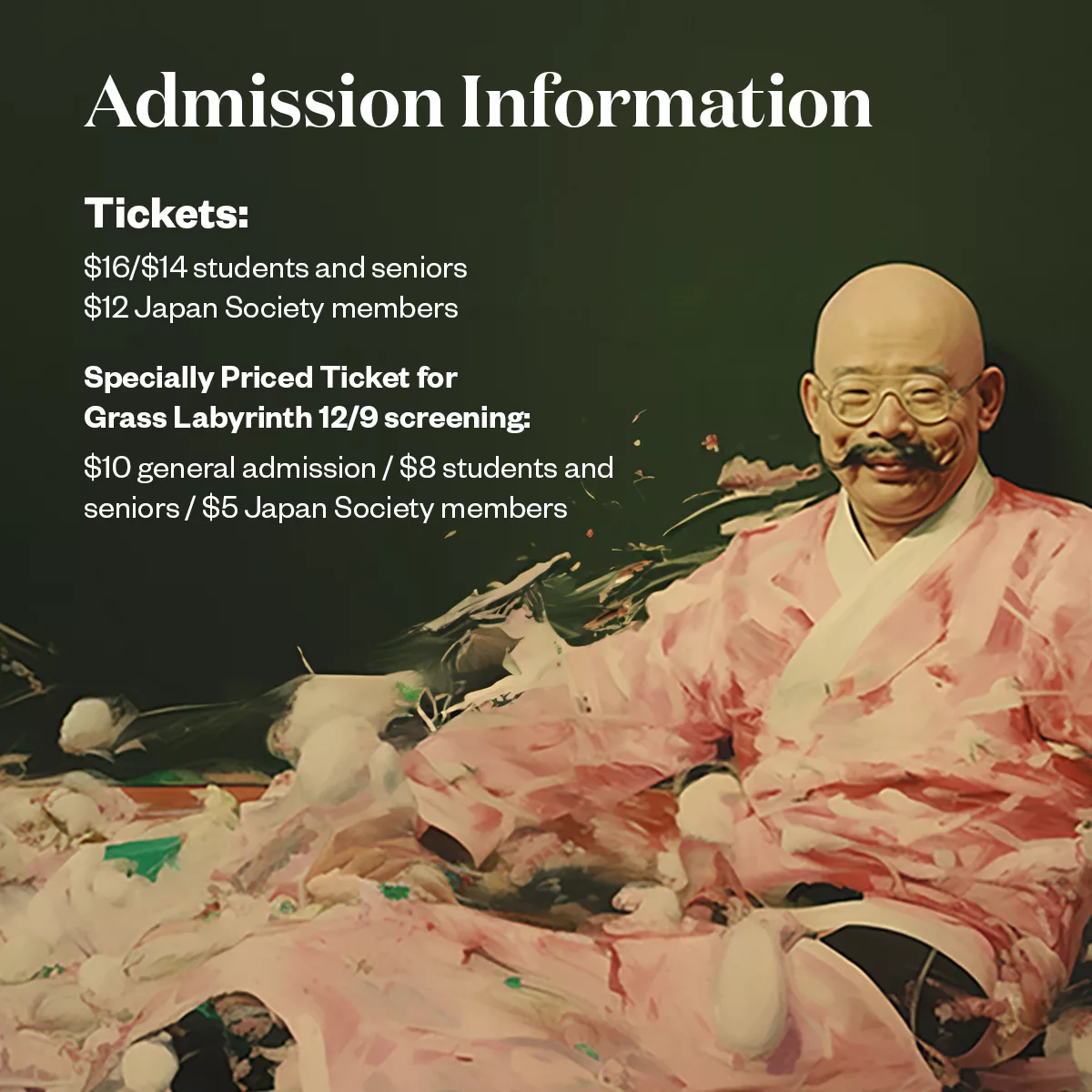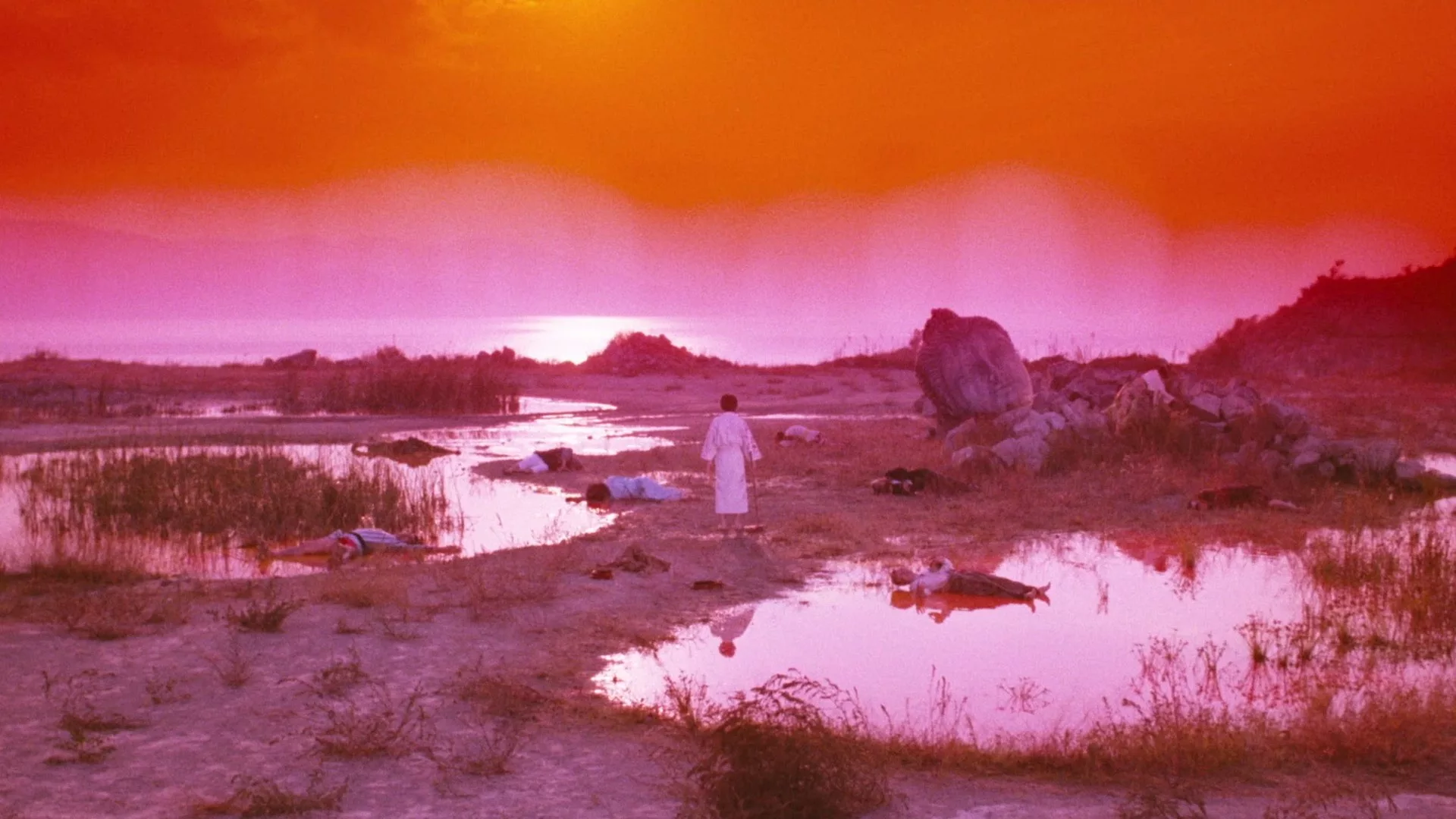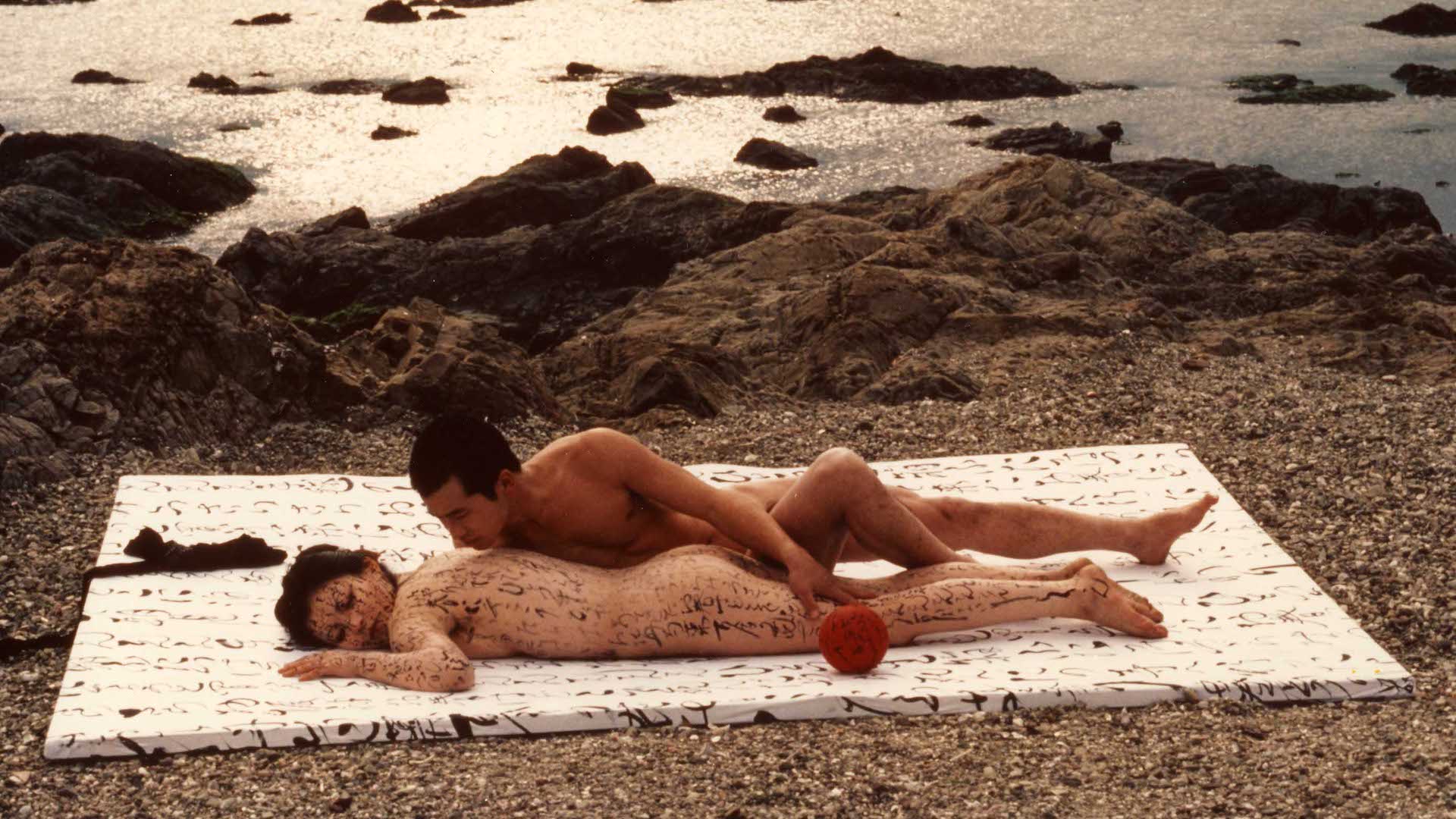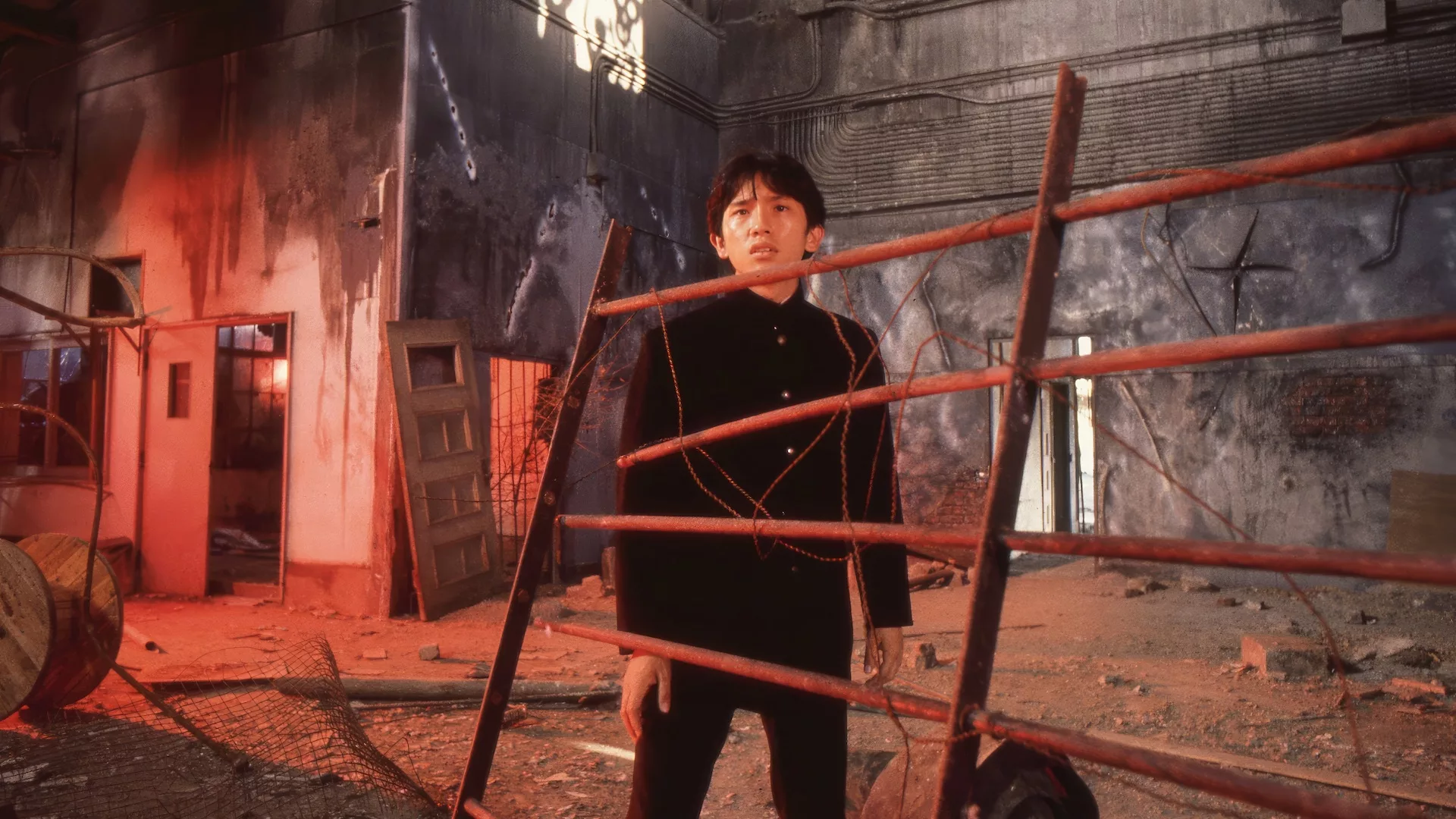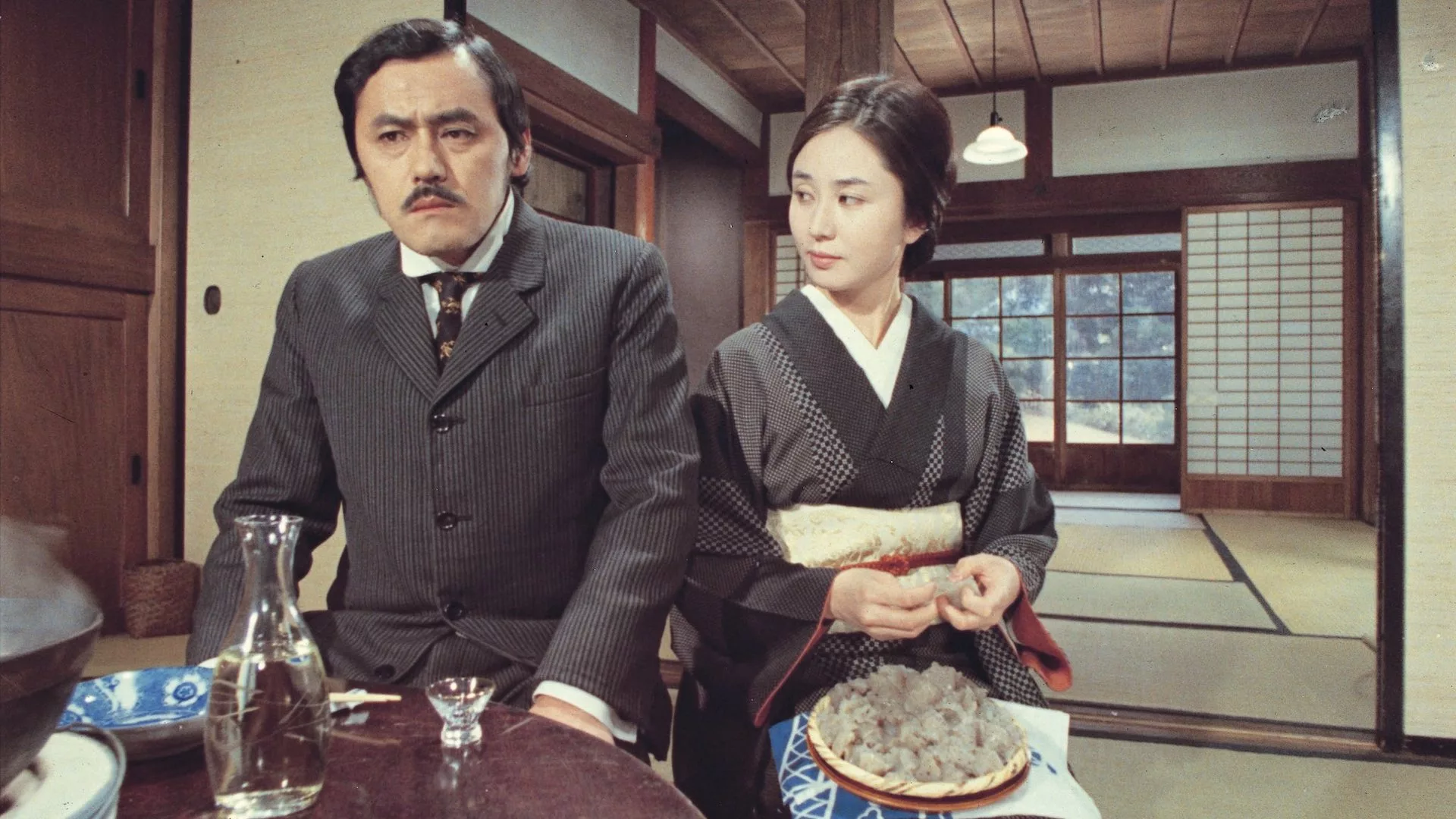Taisho Roman: Fever Dreams of the Great Rectitude
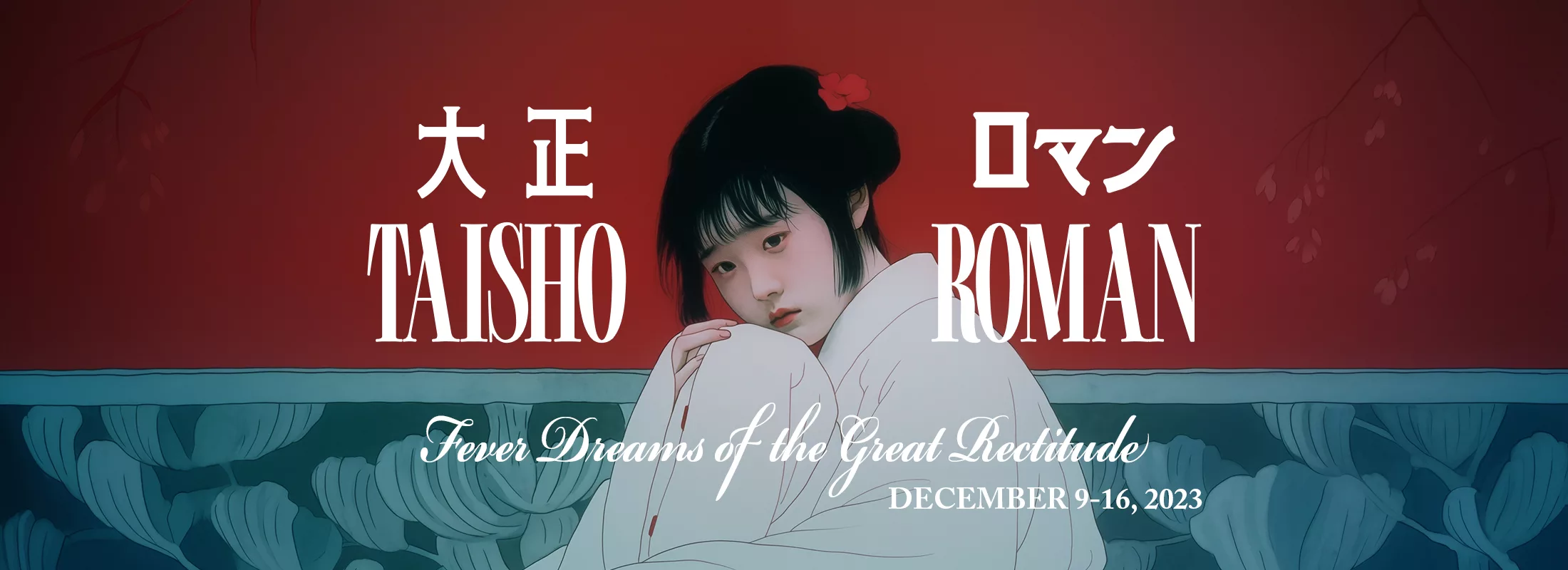
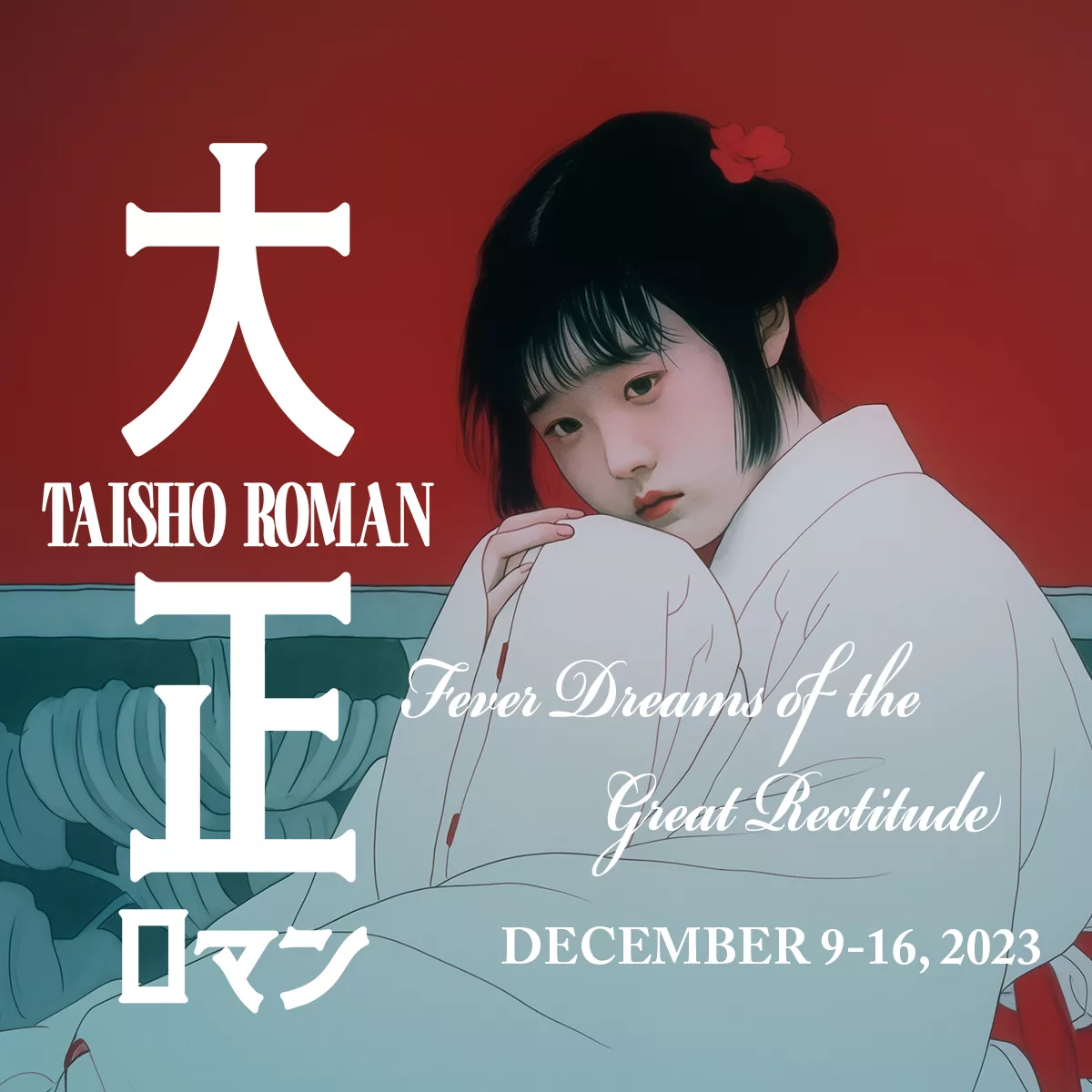
| “Taisho is the best,” |
| “Taisho is the best,” |
“One of the many fascinations or attractions of Dogra Magra is its story structure. Not only the ireko (nested layers) of a play within a play, but its circular structure presents a “twist” resembling the Möbius strip as described by Professor Matsumoto.” —Shuji Shibata, Producer of Dogra Magra
Read our exclusive interview with Shibata.
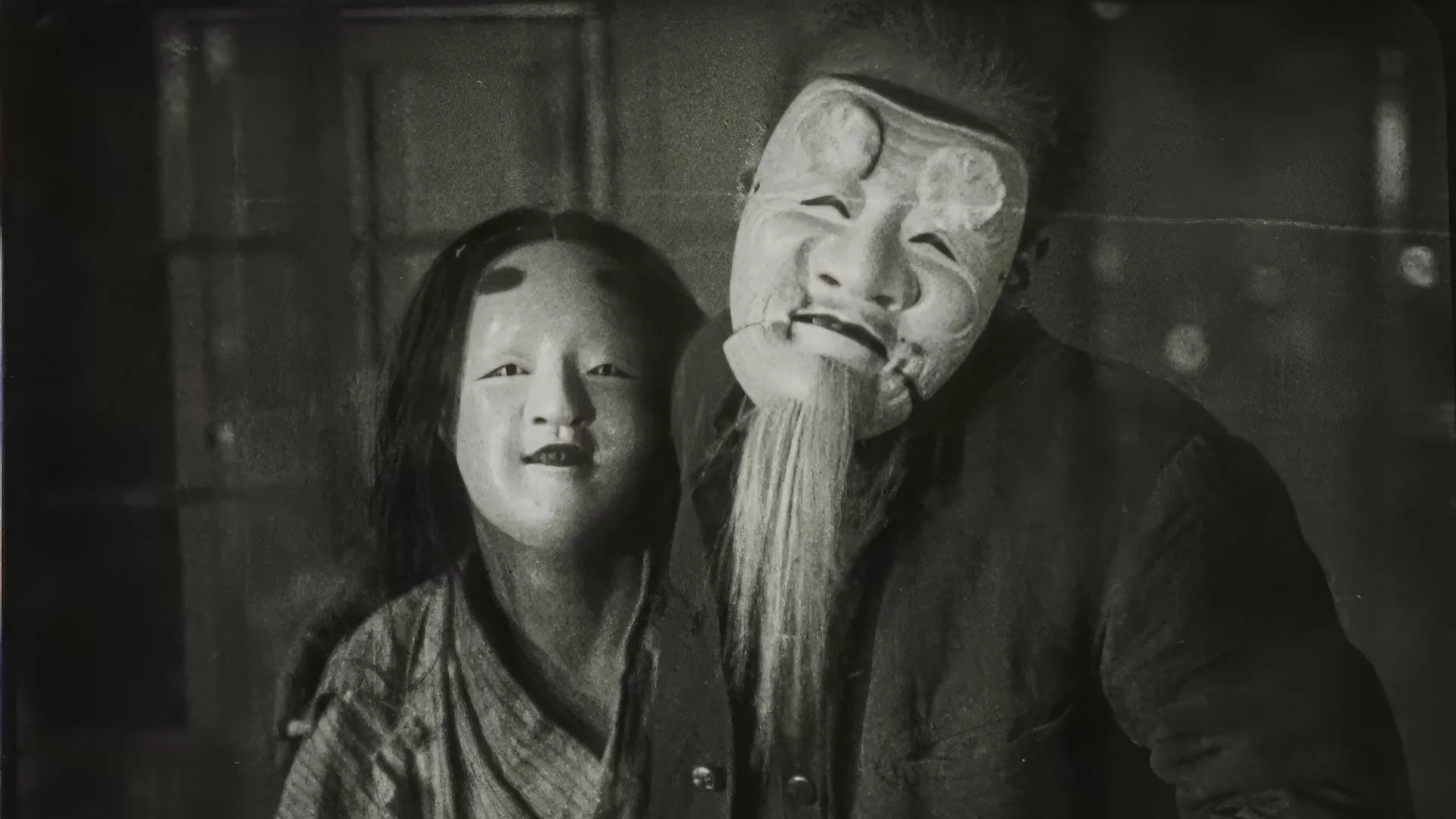 | A Page of Madness / Grass Labyrinth Friday, December 15, 6 pm A double-feature of Kinugasa’s avant-garde silent-era masterpiece paired with Terayama’s garish psychosexual adaptation of a Kyoka Izumi novella. 1926 & 1979. 99 min. Directed by Teinosuke Kinugasa; Directed by Shuji Terayama. |
 |
A Page of Madness / Grass Labyrinth Friday, December 15, 6 pm A double-feature of Kinugasa’s avant-garde silent-era masterpiece paired with Terayama’s garish psychosexual adaptation of a Kyoka Izumi novella. 1926 & 1979. 99 min. Directed by Teinosuke Kinugasa; Directed by Shuji Terayama. |
 | Horrors of Malformed Men Saturday, December 16, 3 pm Macabre and brooding, Teruo Ishii’s transgressive Toei exploitation feature is a hallucinatory descent into madness, the rare Edogawa Ranpo adaptation that truly evokes and evinces its author’s macabre sensibilities. 1969. 99 min. Directed by Teruo Ishii. |
 |
Horrors of Malformed Men Saturday, December 16, 3 pm Macabre and brooding, Teruo Ishii’s transgressive Toei exploitation feature is a hallucinatory descent into madness, the rare Edogawa Ranpo adaptation that truly evokes and evinces its author’s macabre sensibilities. 1969. 99 min. Directed by Teruo Ishii. |
 | Tokyo: The Last Megalopolis Saturday, December 16, 8 pm 35th Anniversary. A resurrected 10th-century general hellbent on bringing about the fall of Tokyo drives the narrative in Akio Jissoji’s occult retelling of the history of Tokyo, imbued with dark fantasy, horror and folkloric histories. 1988. 118 min. Directed by Akio Jissoji. |
 |
Tokyo: The Last Megalopolis Saturday, December 16, 8 pm 35th Anniversary. A resurrected 10th-century general hellbent on bringing about the fall of Tokyo drives the narrative in Akio Jissoji’s occult retelling of the history of Tokyo, imbued with dark fantasy, horror and folkloric histories. 1988. 118 min. Directed by Akio Jissoji. |
Artwork generated with the use of AI tools.
Special Thanks to Bret Berg (AGFA); Laurence Braunberger & Frédérique Ros (Films du Jeudi); Mako Fukata; Beth Rennie (George Eastman Museum); Shun Inoue & Akinaru Rokkaku (Japan Foundation); Daniel Joseph; Carl Morano (Media Blasters); Rikako Kosugiyama & Jo Osawa (National Film Archive of Japan); Shuji Shibata, producer of Dogra Magra.
Japan Society programs are made possible by leadership support from Booth Ferris Foundation, and the New York State Council on the Arts with the support of the Office of the Governor and the New York State Legislature. Film programs are generously supported by ORIX Corporation USA, public funds from the New York City Department of Cultural Affairs in partnership with the City Council, and Yen Press. Endowment support is provided by the Lila Wallace-Reader’s Digest Endowment Fund and The John and Miyoko Davey Endowment Fund. Additional season support is provided by The Globus Family, David Toberisky, and Friends of Film. Transportation assistance is provided by Japan Airlines, the official Japanese airline sponsor of Japan Society Film. Housing assistance is provided by the Kitano Hotel, the official hotel sponsor of Japan Society Film.




